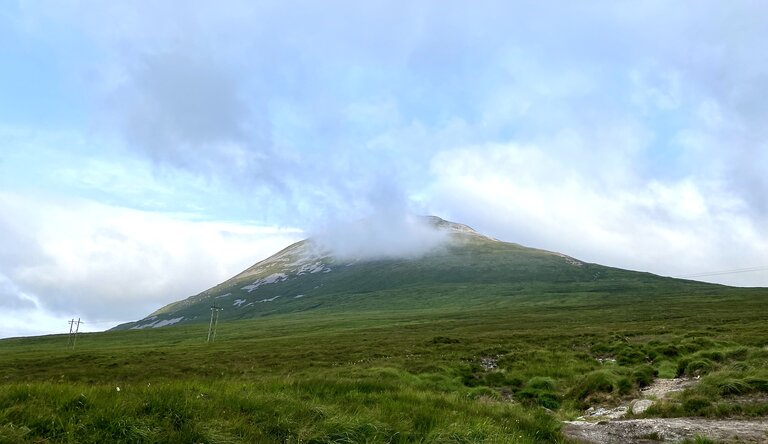
I designed my morning routine to combat context switching. Morning pages allow me to empty my mind. At its best, MP does two things; removes the nonsense swirling around my mind out and onto a page and lets me concentrate on writing. Plot issues are solved, characters embellished, endings proposed… while letting the pen move constantly, stream-of-motion style.
In Daily Rituals, How Artists Work, solitary time for creators was nearly universal, as was a distinct separation between writing work and other items (most of these were artists from another era… they spent a lot of time on correspondence and mail). One example, the composer Gustav Mahler, stuck with me. Mahler was maniacal about silence…
“He woke at 6:00 or 6:30am and immediately rang for the cook to prepare breakfast… which the cook carried to Mahler’s stone composing hut in the woods. (Mahler could not bear to see of speak to anyone before settling down to work in the morning, so the cook had to take a steep, slippery path to the hut rather than the main walkway, in order to risk not running into him)” (Daily Rituals, page 42)
Of course, Mahler is extreme… but I understand the urge. The longer you can keep out the noise of everyday life, the more your mind can create.
The return of hectic life has dominated the morning pages as well. Sometimes I can’t get through the nonsense banging around in my head before I finished my two pages (I get 850 words into two large pages… MP says three pages but 850 is the target). This is when my mind wanders to the imaginary cabin in the woods, maybe with a light snowfall, a wood-burning stove and fireplace and no internet or cell reception. Though I suspect I’d find plenty of things to obsess over in seclusion as well… schedules or food or feeling the urge to spend more time hiking or enjoying nature instead of cranking on stories.
